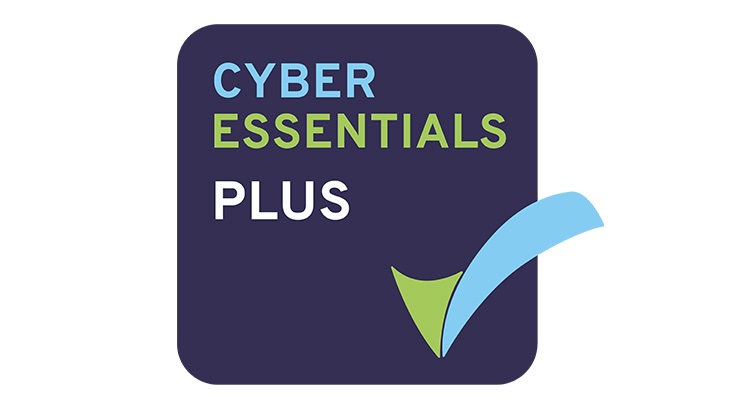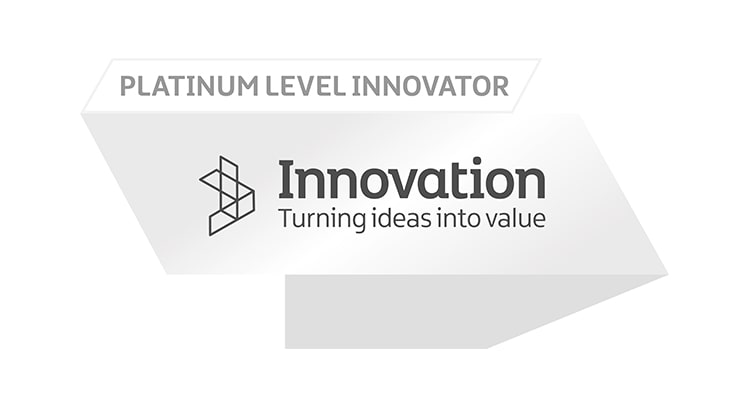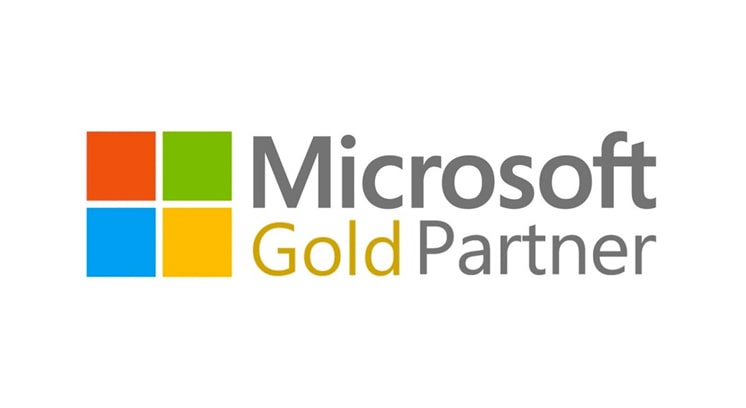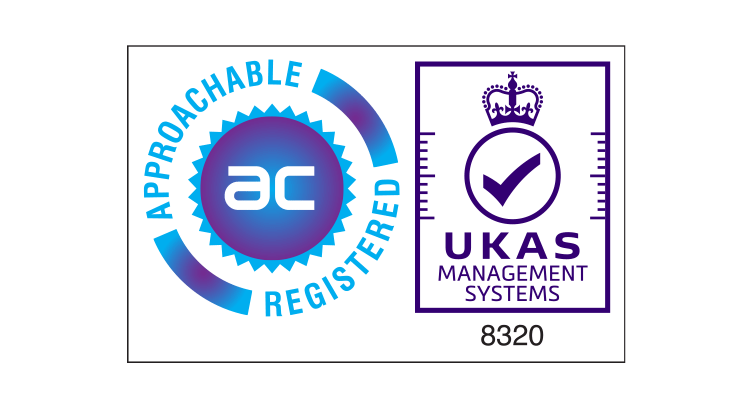Interoperability has become a major consideration for health and social care; it is something that we believe is fundamental to the free sharing of data and ultimately the improvement of patient care.
Paving the Way for Better Healthcare
What is interoperability? It is a difficult word to pronounce but in practice it means the ability of computer systems to interact with other systems across local or wide area networks, releasing information trapped in closed systems. As you may have seen from our previous blog, “Interoperability – the reality is, it needs you!”, we are invested in bringing interoperability to the fore of health and social care.
The Current Situation with Healthcare
The implementation of interoperability is key for the development and improvement of a troubled and failing NHS; it will work towards a more contextual view of a patient’s health, improve patient security and ensure the quality of care is transparent. Just think, you wouldn’t have to explain your symptoms or entire medical history every time you visit a GP or attend a hospital appointment, instead they would have all the information to hand in one place, allowing them to take appropriate action quicker.

According to a recent report from the National Audit Office, health and social care integration has been slow and less successful than forecasted. To give you some insight, the Better Care Fund is a government plan created to improve the lives of some of the most vulnerable people in society, by placing them at the centre of their care and providing them with “wrap around” care that is fully integrated. It is here that interoperability will play a key role. Alongside the Personalised Health and Care 2020 framework and the NHS’s Five Year Forward View, they are all working towards using data and technology to transform health and social care.
However, despite the slow start reported for interoperability, 90% of local areas agreed or strongly agreed that the delivery of the Better Care Fund plans had a positive impact on integration locally.
How Can Interoperability and Mobile Working Improve Healthcare?
Taking into consideration the positive results that have been seen with small scale improvements, it highlights the importance of interoperability and software solutions that facilitates data and patient information to be shared freely across systems. Software like our digital workforce management provides an ideal solution for health and social care and reaching the outlined government targets.
By implementing the Totalmobile mobile workforce management software, clinicians, health visitors and care workers will benefit from increased mobility with tablets and mobiles, access to data online and offline, as well as cutting unnecessary paperwork. By implementing interoperability it will truly reach its full potential. Working collectively, it will provide an accurate view of a patient’s health across all departments and agencies.
The main benefit of this is the continuity of care – a core principle for integration and the government’s aims. Many healthcare field workers find themselves manually writing information and notes before returning to the office to type these up again, wasting time that could be spent making sure that patients are receiving the care they need. By using our solutions, paperwork becomes electronic, helping reduce paper use and reducing the risk of lost records.
The “paper-free” discussion is an important element and is creating another headache for the government as the deadline continues to be pushed back. Originally 2015, then 2018 and in recent days Jeremy Hunt has recently admitted that 2018 just won’t be possible, blaming inadequate IT systems.
With interoperability, multiple agencies will be able to work together seamlessly; a nurse can record the latest information which can be shared with a social worker, a GP or a relative. Providing all relevant agencies with the information they require to ensure the continued and improved care for the patient. For us, it is all about connecting multiple levels of care for patients.

We’ve seen this success for customers like Virgin Care, who saw a 60% improvement in clinical record times and a 42% improvement in referral handling and scheduling. So, despite the National Audit Office’s recent report that interoperability may seem to have got off to a slow start, we have every confidence that interoperability, with the help of Totalmobile’s mobile workforce management solution, will be successful, reducing costs, but ultimately helping health and social care towards its targets for the benefit of patients.







